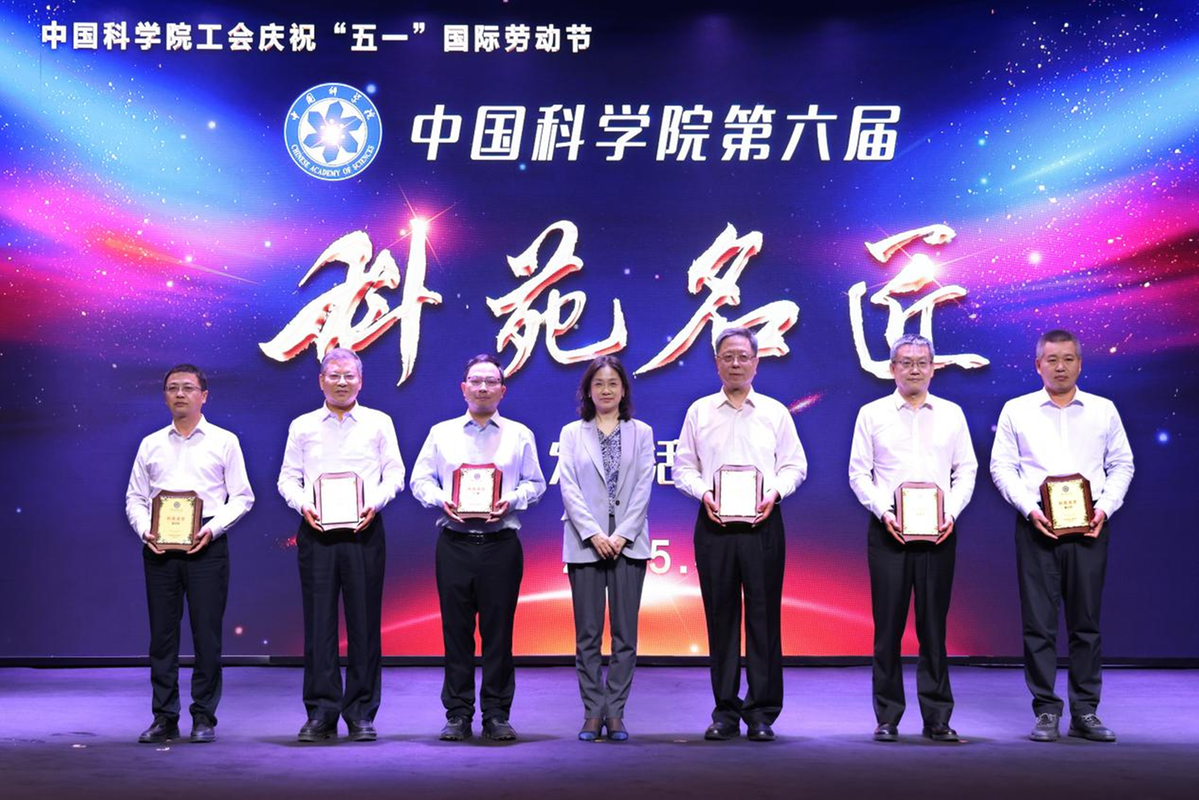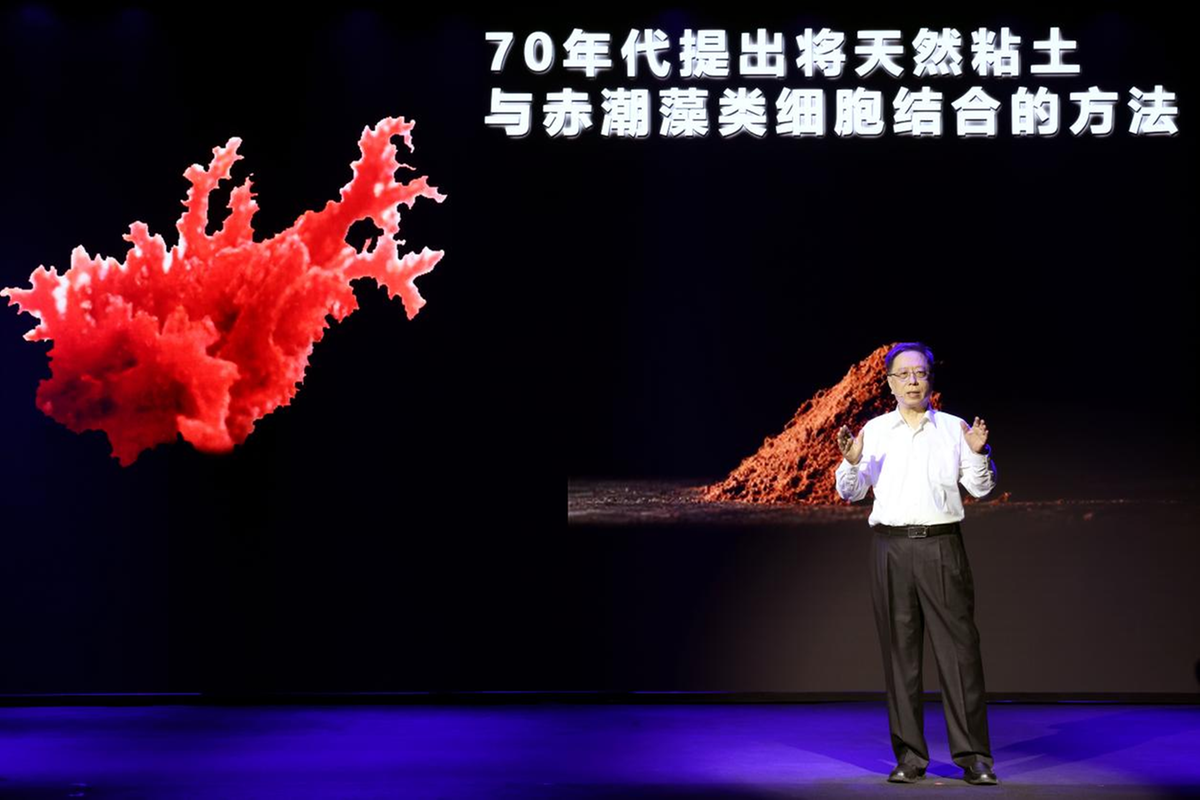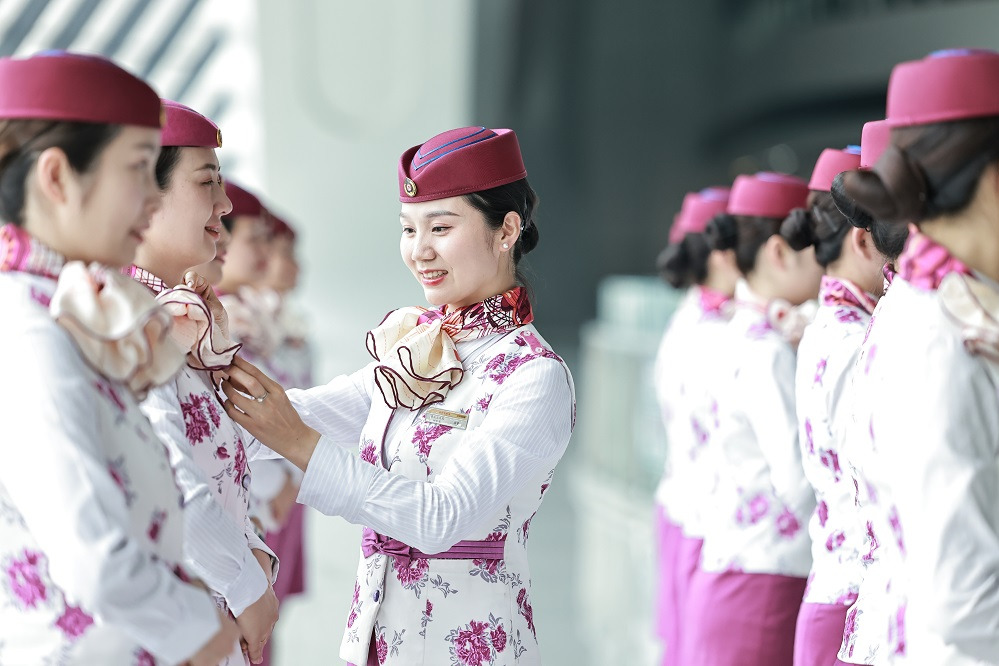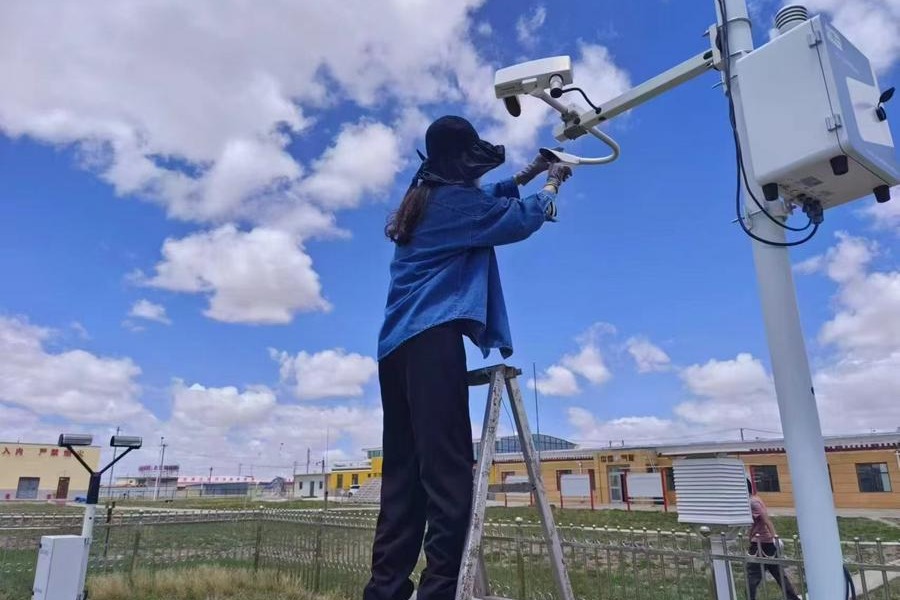China Academy of Sciences hosts award ceremony


The Chinese Academy of Sciences recognized six individuals and 13 teams as Master Craftspeople of the Chinese Academy of Sciences during an awards ceremony in Beijing on Sunday, celebrating their exceptional contributions to scientific innovation ahead of International Labor Day.
Organized by the CAS Trade Union Committee, the sixth edition of the accolade highlighted pioneers whose work addresses critical national and global challenges, according to the CAS.
Among the honorees was Yu Zhiming, a researcher at the CAS Institute of Oceanology who was lauded for his pioneering work in developing modified clay technology for red tide control.
"Red tides were originally part of the natural balance in marine ecosystems," Yu said, highlighting the impact of human activities on these algal blooms.
"But under human influence, they have become one of the most prominent nearshore disasters worldwide," Yu said.
The innovative technology developed by Yu's team reverses the negative charge on clay particles to a positive charge, enabling them to attract algae cells effectively. This advancement has significantly improved the efficiency of red tide control while ensuring environmental safety.
"Our technology has been recommended by UNESCO and is now part of emergency response plans for red tides across 13 coastal provinces in China," Yu said.
This "Chinese solution" has also been demonstrated in many countries, such as Chile, Peru, the United States, Malaysia and Turkey, he added.
Sun Xiaoming, secretary-general of CAS, presented medals to the awardees, emphasizing the importance of such recognition.
"The entire staff of CAS should look up to these exemplary figures and learn from their dedication to serving the nation," Sun said.
Another highlight of the ceremony was the recognition of the Low Energy Intense-Highly-Charged Ion Accelerator Facility (LEAF) development team from the CAS Institute of Modern Physics. Despite challenges such as weak domestic capabilities and international technology restrictions, the team spent a decade developing the world's first accelerator of its kind.
"As of now, LEAF has operated for 13,000 hours and supported more than 60 scientific experiments," said Sun Liangting, a representative of the team. This facility now provides world-class experimental conditions for frontier research in nuclear astrophysics and atomic physics.

Liu Zixuan contributed to this story.
- Delivering social benefits
- Shenzhou XIX crew returns safely to 'beautiful, blue' Earth
- Ordinary work, extraordinary workers
- AI agent to improve international law services in Shanghai
- Intl Services Shanghai expands reach with launch of Italian-language website, multimedia platforms
- China opened more than 900 national wetland parks in over two decades





































